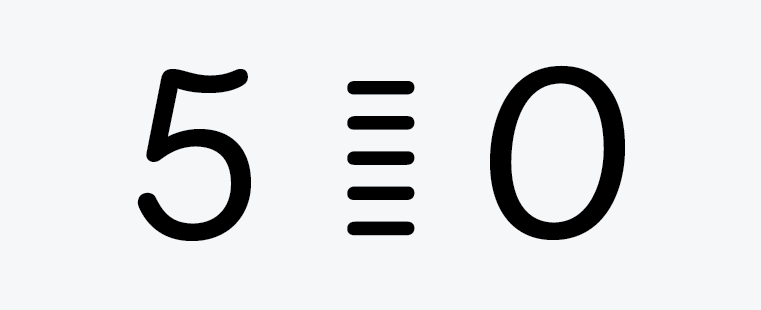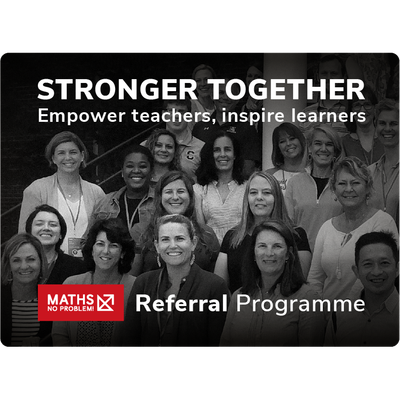Why it makes sense for kids to journal even in the Early Years
Children in Reception don’t know maths conventions and therefore aren’t constrained by them. They’re also less fearful of making mistakes than many older children.
For children, the main purpose of keeping a maths journal is to be able to communicate their mathematical thinking. This gives them the opportunity to crystalise their ideas and deepen their understanding. We also want children to develop their identities as learners, knowing how they learn and how they can help themselves to learn. The only way children can develop this sense of identity is to be given opportunities to consider and practice this; the journal is an ideal space to let this happen.
Clearly, young children won’t yet have the skills to write extensively in their journals, but they can still communicate ideas in a way that makes sense to them.
A good example of this was a child in Reception who was journalling the calculation ‘five subtract five,’ in the context of a story about a fox who had eaten five chicks.
As well as drawing five chicks and then crossing them out one by one, the child also recorded this event in symbols by writing the number 5 followed by five subtraction signs, then a zero.
She understood that if you start with five and take one away five times, you’ll have nothing left.

Children in Foundation Stage are unlikely to have been introduced to mathematical conventions so will not be constrained by them. They are also less likely to worry about making mistakes or getting an answer wrong.
The very act of committing something to paper often leads to greater depth of thinking and can be a channel for creativity and originality.
An example of some playful creativity came from a Reception child who had been exploring the effect of adding zero to a number. He understood that adding zero didn’t change the original amount. His journal entry was:
1 + 0 + 0 + 0 + 0 + 0 + 0 + 0 + 0 + 0 + 0 + 0 + 0 + 0 + 0 + 0 + 0 = 1
He was clearly playing with the numbers, and he thought coming up with a calculation that took up the whole page was very amusing, but it showed a very good understanding of the effect of adding zero.
Boost Your Practice with FREE CPD
Receive a CPD boost every time you refer a school! Both you and the referred school will earn a full day of CPD and 2 free places on our 3-day Essentials of Teaching Maths Mastery course (valued at £1700).
Get started on helping struggling schools reach maths success now!

The workbook journals included with the Maths — No Problem! Foundations programme have been designed to let children show their understanding in a way that makes sense to them.
The workbook journals also provide the children with an opportunity to move from the concrete to the pictorial and then to the abstract, thus developing their ability to visualise and to make connections between the physical and the symbolic.
Individual workbook journals will vary, especially in Reception where children’s development upon entering school may be markedly different. These variations can be identified using ‘early stages’ and ‘later stages’ of development.
I don’t believe it’s desirable to think of children as ‘struggling’ or ‘advanced’ at this age. Consequently, there’s no requirement for every child to be able to complete every part of the workbook journal.
The workbook journals are there as a record of development and as something the children can have ownership of and feel proud of. I would suggest they’re not formally marked; we want the children to feel successful and to be encouraged in their exploration of maths.
We can guide them, of course, when they make a mistake, but it’s essential they develop a positive attitude toward mistakes as being part of learning, rather than something to be avoided at all costs.
Giving children the freedom to express their understanding and ideas in a variety of ways will help to develop their natural curiosity and wonder in maths, and will start them on the journey toward becoming enthusiastic and confident mathematicians.
